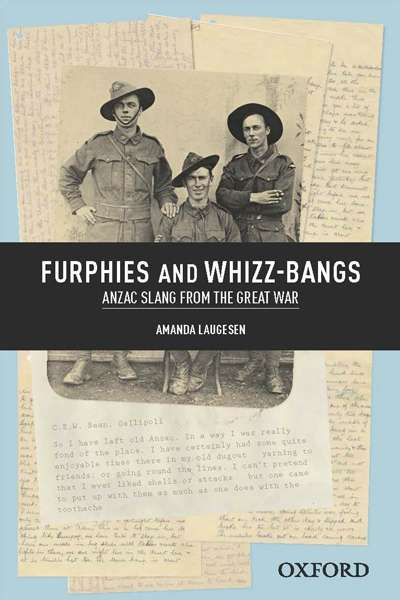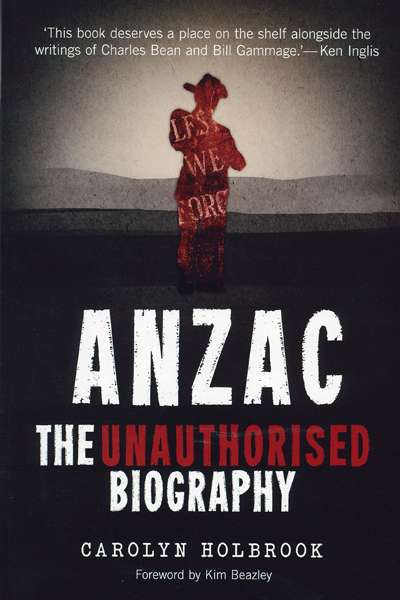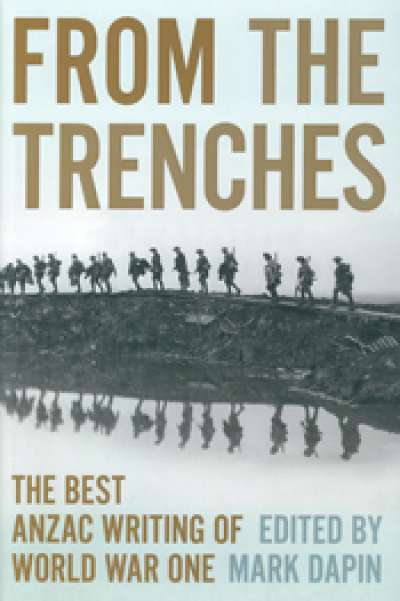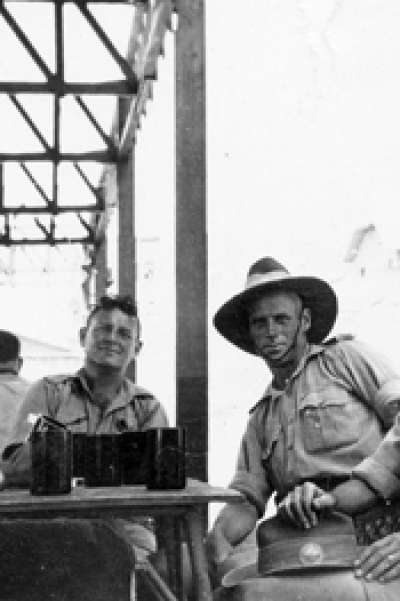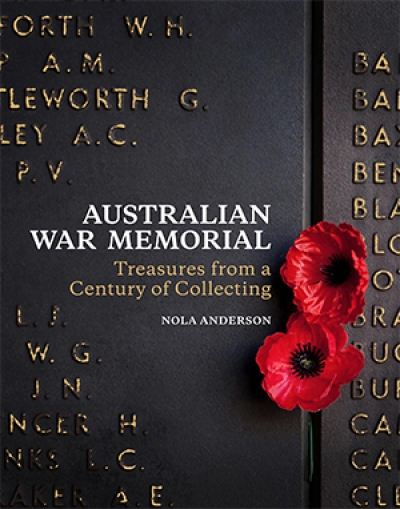World War I
It is, of course, one hundred years since almost 9,000 Australians died on a small Turkish peninsula during a campaign that, despite its localised failure as a military operation and futility in influencing the overall course of the war, has been unalterably woven into the fabric of our national mythos. Commemorative presentations are frequent. Orchestras, televisio ...
Furphies and Whizz-Bangs: ANZAC slang from the Great War by Amanda Laugesen
by John Arnold •
The Darkest Days: The truth behind Britain's rush to war, 1914 by Douglas Newton
by Nigel Biggar •
Hell-Bent: Australia’s leap into the Great War by Douglas Newton
by Carolyn Holbrook •
Crucible: An Australian First World War novel by J.P. McKinney
by Rodney Hall •
From the Trenches: The Best Anzac Writing of World War One edited by Mark Dapin
by Geoff Page •

